Simei’s Kopitiam reopens with well-loved stalls such as Hwa Heng Beef Noodle and Munchi Pancakes
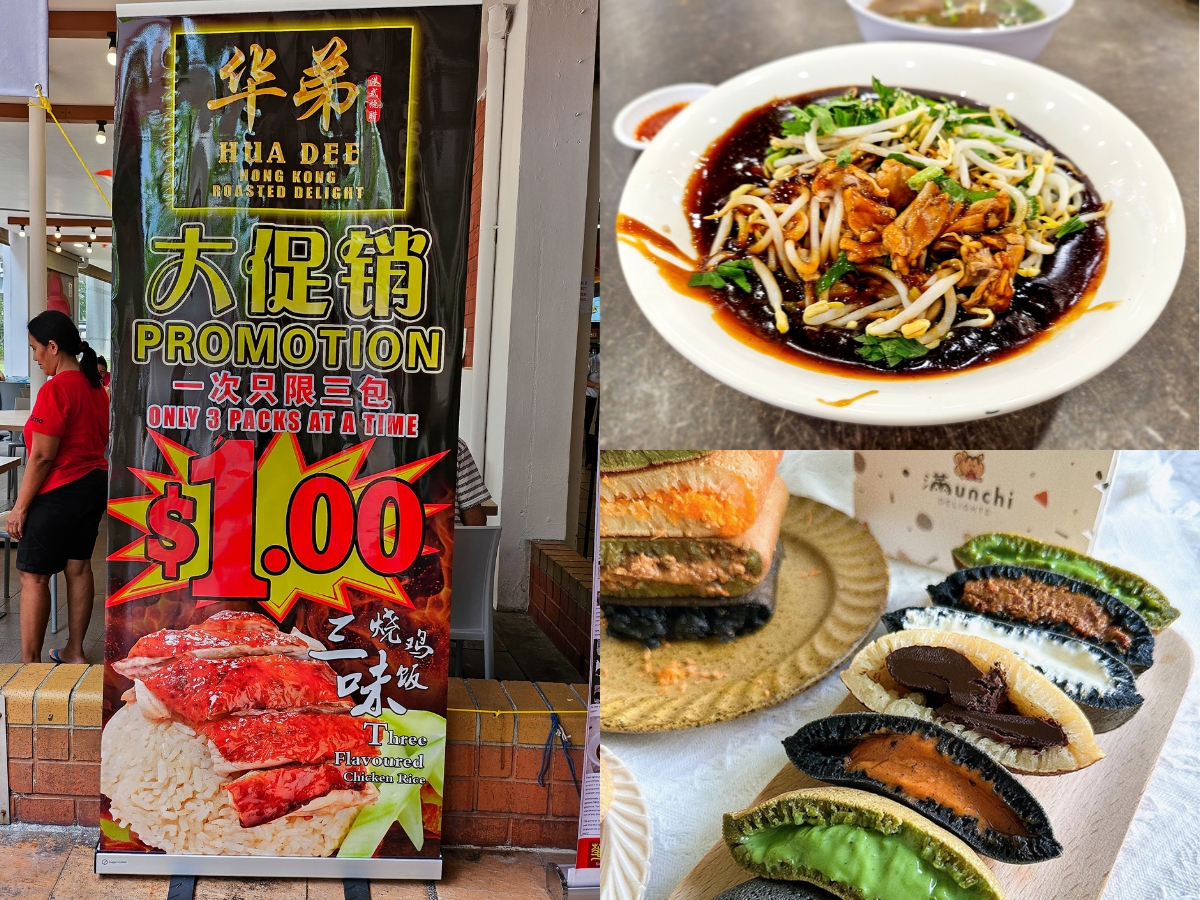
It’s 11am, barely lunchtime in the quaint Simei neighbourhood, but there’s already a noticeable buzz around the new Simei Kopitiam Corner, which reopened on Sept 28, just yesterday.
And for good reason.
The newly revamped Kopitiam Corner outlet, located at 248 Simei Street 3, has reopened with several well-known and loved brands — including Hwa Heng Beef Noodle and Munchi Pancakes — much to the delight of east-siders.

Arguably the most recognisable of the lot, Hwa Heng Beef Noodles branched out to Simei as the team realised that its current Jalan Besar outlet was slightly inaccessible for its predominantly elderly crowd.
Its Jalan Besar outlet opened in 2022 after it closed at Ion Orchard’s Food Opera food court in 2017.
Hwa Heng Beef Noodle’s new and second location at Simei’s Kopitiam Corner puts it right next to the nearest MRT station (Simei), making it convenient for any beef-loving aficionado to get their fix.
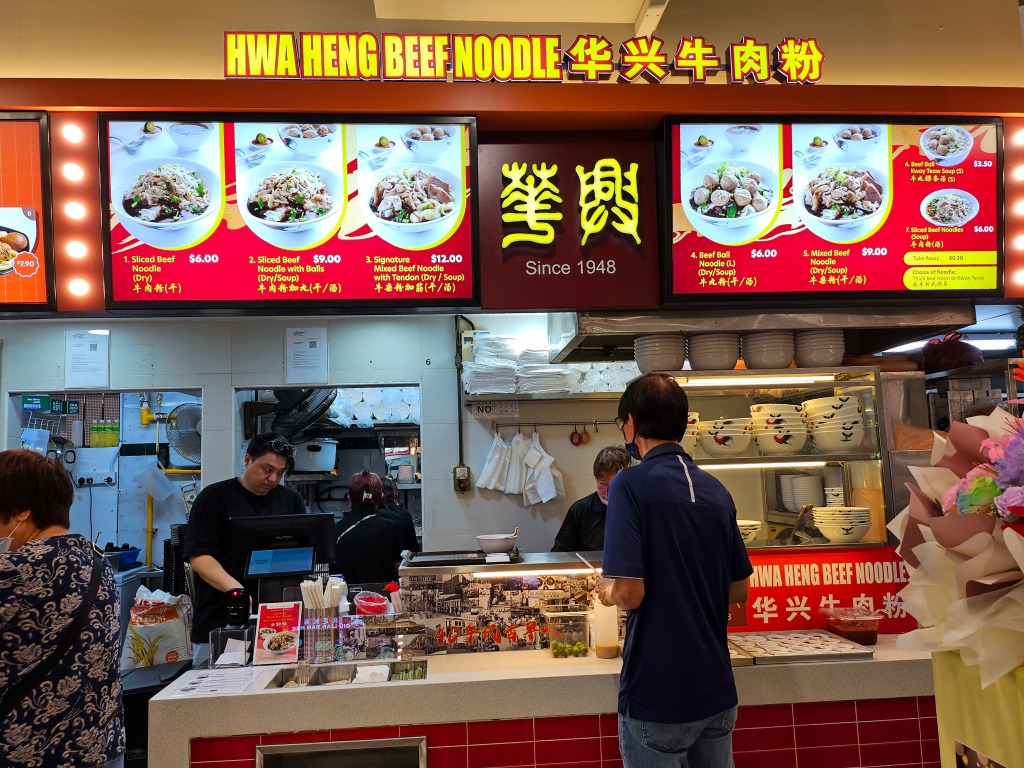
As someone who grew up having the Hwa Heng Beef Noodle at its Scotts Square outlet, a bowl of its dry sliced beef noodles with beef balls (S$9.90) brought me right back to my childhood.
Not much has changed about the taste — the robust thick brown sauce has the right amount of starchiness, coating the noodles perfectly, and while inflation may have caused prices to rise, the portions were still generous and hearty.
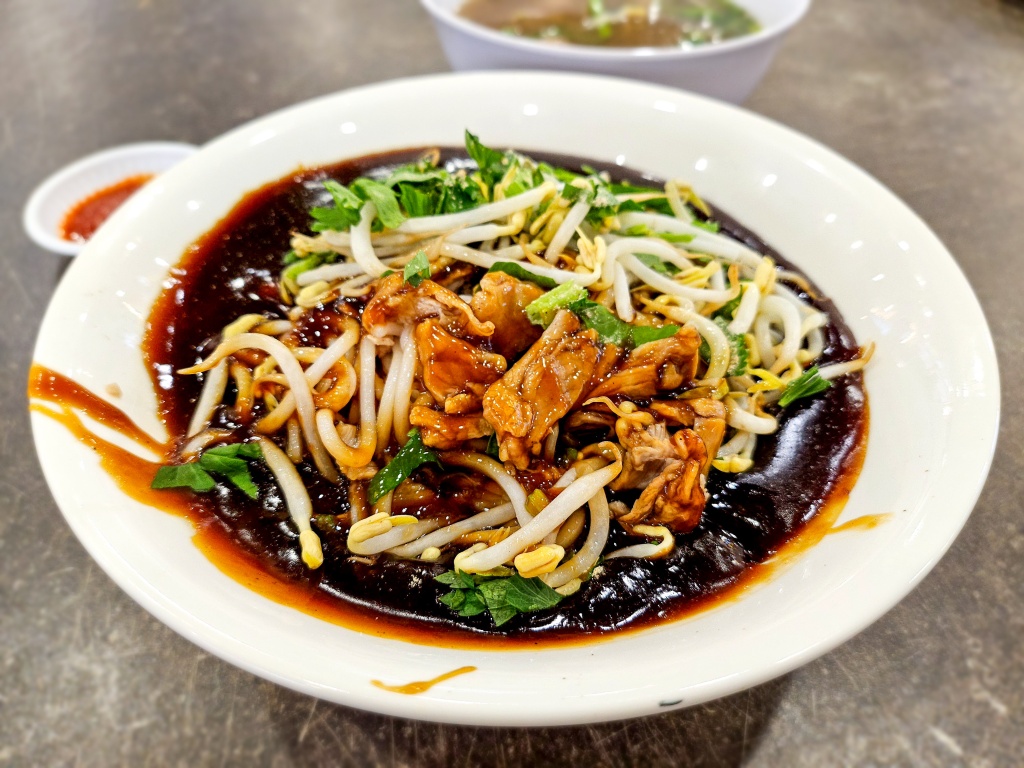
While some might prefer chunkier slices of beef, I personally loved the generous amounts of thinly sliced beef buried within my noodle dish — ensuring that I could enjoy a side of beef with every mouthful of noodles.
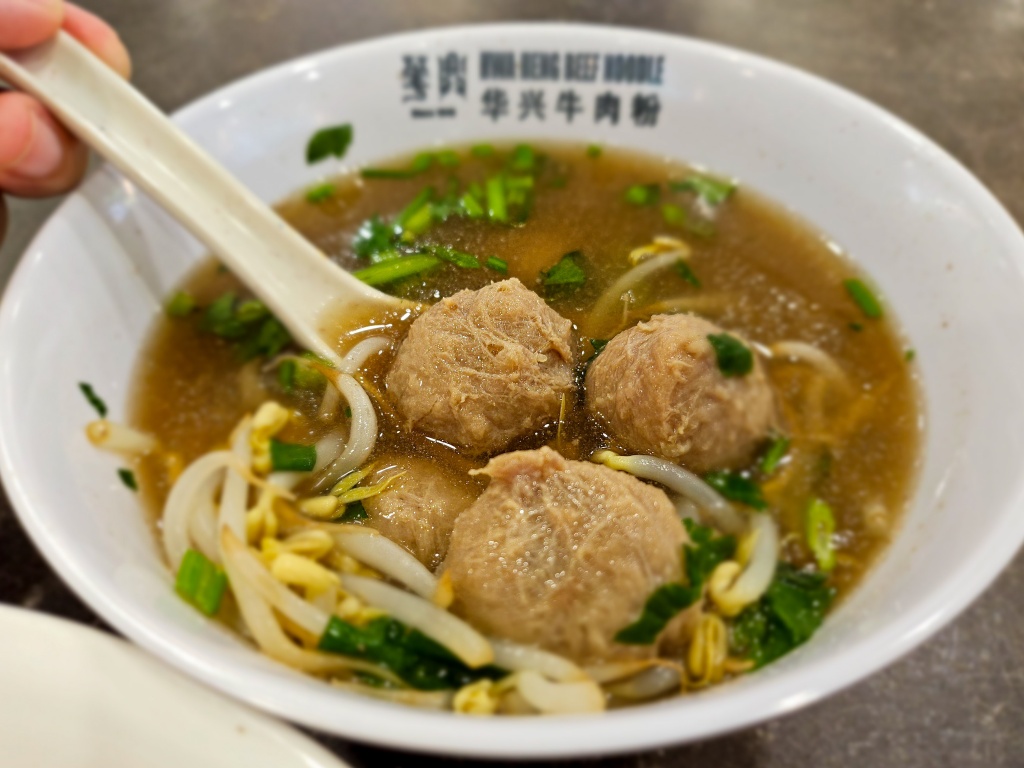
The soup — where do I even begin? It’s clear but packs a flavourful punch, and while you’ll definitely smell the beef, the soup has zero gameyness. The beef balls (five in a single serving), were bouncy yet dense and served as a good complement to the beef slices.
If you love all things beef, there’s a promotion on its signature mixed beef noodle with tendon (S$9.90, U.P.: S$12) till the end of October.

Other stalls with promotions include Hua Dee Hong Kong Roasted Delight, which is selling its three-flavoured chicken rice at S$1 each, limited to three packs per purchase. The stall hasn’t mentioned when this will end, but word has it that it’ll run till the end of this weekend.
There’s also Confirm + Chop, a Western food stall that is awarding you with one free fried chicken wing. Just place an order, have them repeat your order and then reply with the words “confirm plus chop” to receive the freebie.
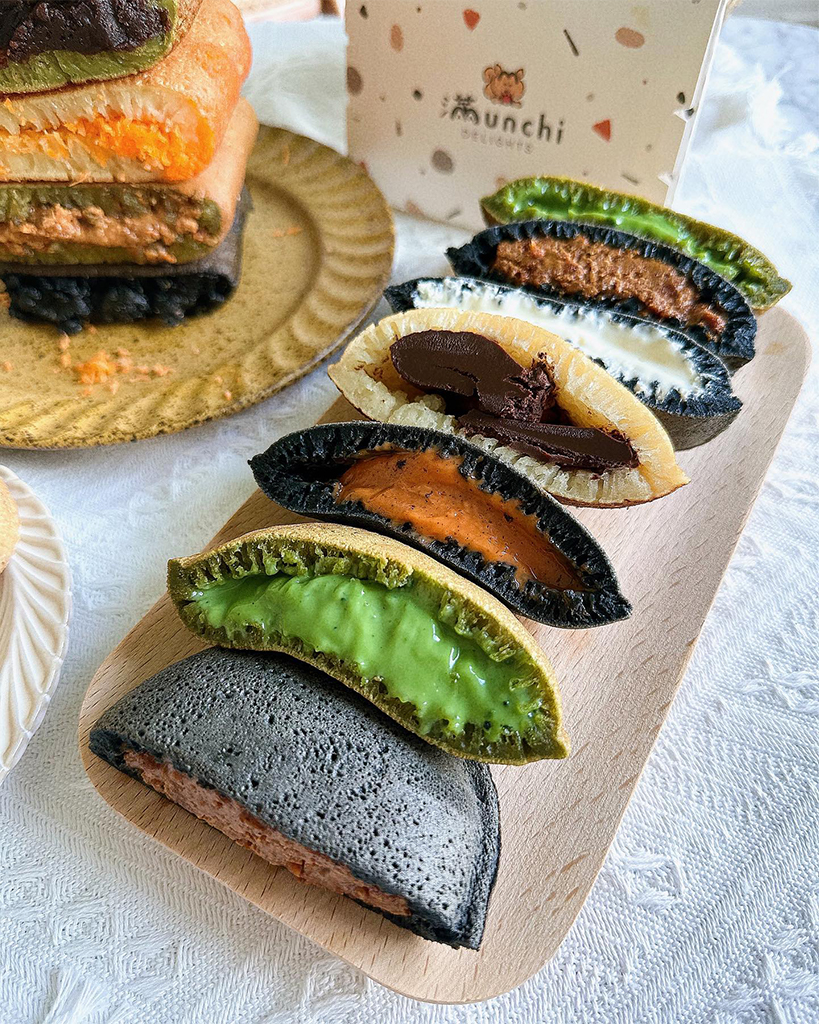
Munchi Pancakes, known for its fluffy classic and unique min jiang kuehs, had yet to open officially at Simei’s Kopitiam Corner as of Sept 29, but we’re sure with all the hype surrounding the space, it’ll open sooner rather than later.
For more neighbourhood eats in the east, check out our guide to East Coast Lagoon Food Village and must-try hawker stalls in Tampines.
Do explore the new GrabFood Dine-in service for awesome deals.
You can also book a ride to Simei’s Kopitiam Corner.
Simei Kopitiam Corner
248 Simei Street 3, 01-136
Nearest MRT station: Simei
Operating hours vary according to respective stores
248 Simei Street 3, 01-136
Nearest MRT station: Simei
Operating hours vary according to respective stores




